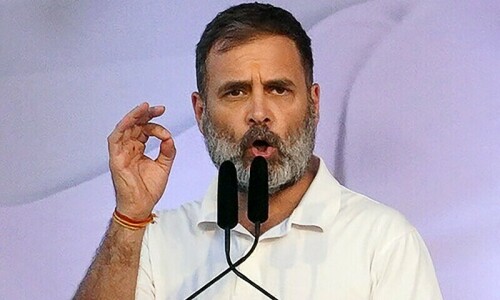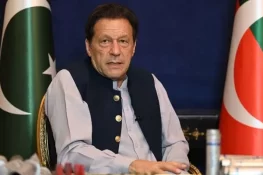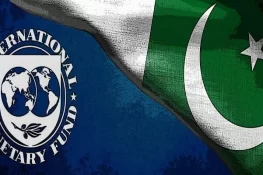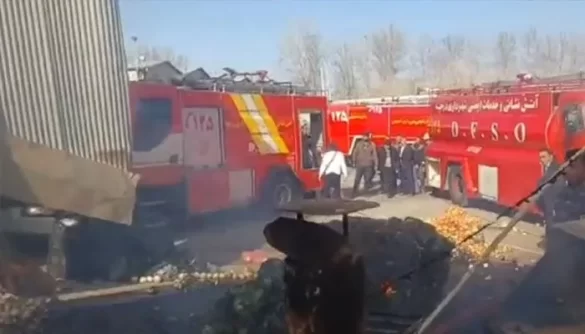New Delhi: India’s opposition Congress party has demanded that Prime Minister Narendra Modi break his silence and provide a clear explanation after former US President Donald Trump claimed that five fighter jets were shot down during the recent military skirmish between India and Pakistan.
Congress leader Rahul Gandhi led the charge on Saturday, publicly questioning the government’s narrative and calling on PM Modi to come clean
“Modi ji, what is the truth about the five [jets]? The country has the right to know!” Gandhi posted on X (formerly Twitter), as pressure mounted on the government over its handling of the brief but intense confrontation.
The controversy was sparked by remarks Trump made during a private dinner with Republican lawmakers at the White House on Friday, where he referenced the India-Pakistan conflict, stating, “In fact, planes were being shot out of the air. Five, five, four or five, but I think five jets were shot down actually.”
Trump did not clarify which side’s aircraft were downed nor provide any specifics about the incident. However, his statement has reignited political debate in India just days ahead of the monsoon session of Parliament.
Congress general secretary Jairam Ramesh also weighed in, criticizing Modi’s continued silence on the matter
“The Trump missile gets fired for the 24th time with the same two messages, two days before the Monsoon Session of Parliament begins,” Ramesh said.
“The prime minister has to now make a clear and categorical statement in Parliament on what President Trump has been claiming over the past 70 days.”
Following a deadly attack in Pahalgam in India-held Kashmir in April — which killed 26 Indian security personnel — tensions between the nuclear-armed neighbours escalated rapidly. India launched what it called “retaliatory strikes,” to which Pakistan responded with air power, prompting fears of a broader conflict.
Pakistan has claimed that it shot down six Indian fighter jets during the confrontation, while India’s top military official acknowledged in late May that the Indian Air Force suffered early setbacks before adapting its strategy and regaining tactical control prior to the US-brokered ceasefire on May 10.
Trump, for his part, has publicly taken credit more than 60 times for helping de-escalate the standoff, claiming that backchannel diplomacy from Washington played a pivotal role. In his May 10 statement, he said
“These are two serious nuclear countries and they were hitting each other. We said, you guys want to make a trade deal. We’re not making a trade deal if you’re going to be throwing around weapons, and maybe nuclear weapons.”
However, India has repeatedly refuted these claims, maintaining that the ceasefire resulted from direct talks with Pakistan and not through US mediation. New Delhi continues to reject any third-party involvement in its disputes with Islamabad.
The issue has become a point of political friction domestically, with the opposition poised to raise it during the upcoming parliamentary session, demanding greater transparency on both the military engagement and the extent of US involvement.
Meanwhile, Islamabad has denied any role in the Pahalgam attack and has called for an independent investigation, insisting that India’s accusations are unfounded.
As both countries attempt to move past the recent hostilities, the political fallout—especially concerning the authenticity of Trump’s claims—appears far from over.















